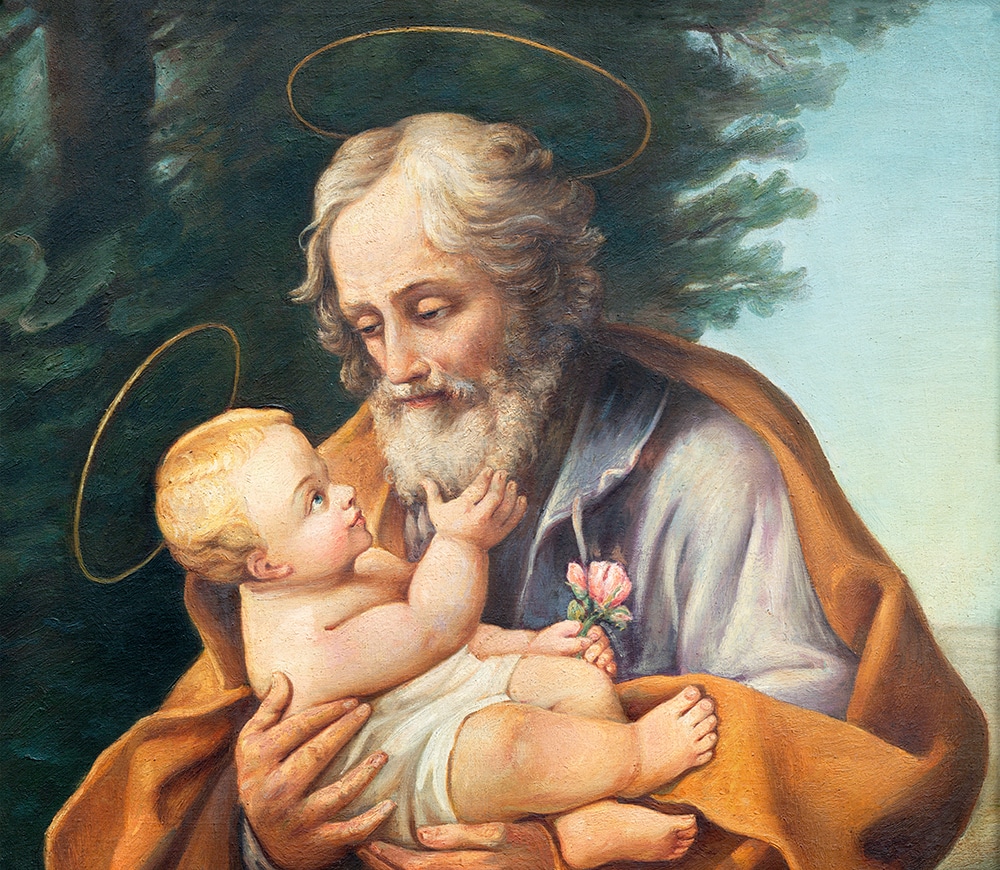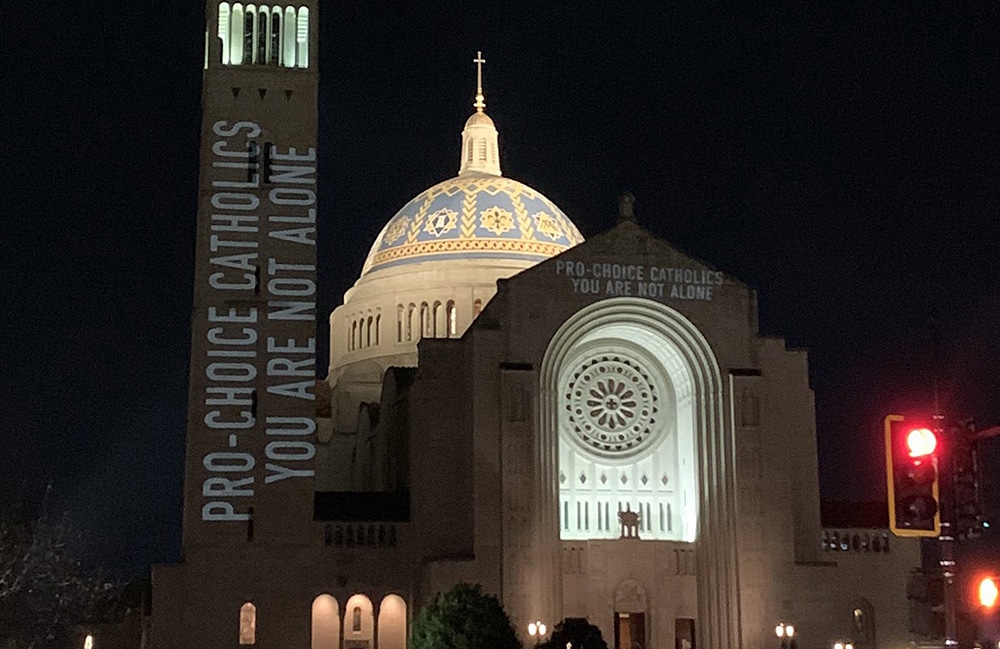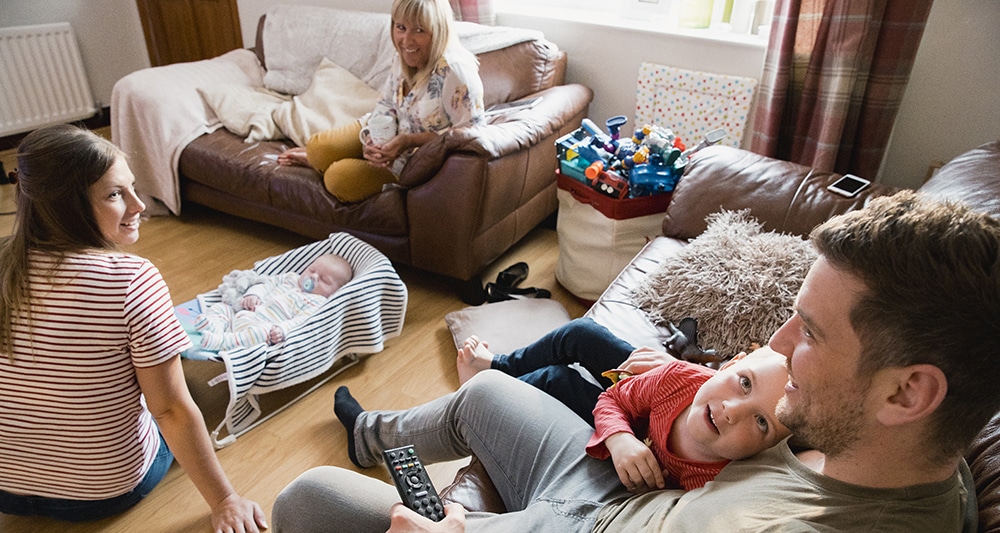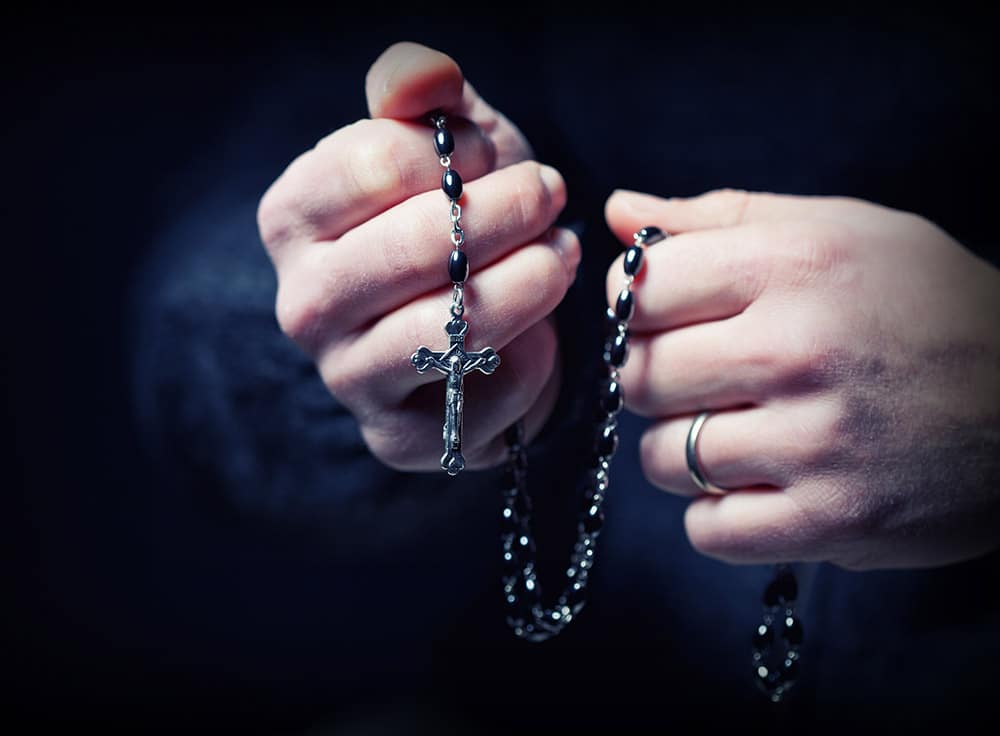 Pope Francis has been talking a lot lately about St. Joseph. From the feast of the Immaculate Conception 2020 to the same feast this past December, at Pope Francis’ request, the Church celebrated a year dedicated to St. Joseph. He has continued to talk about the foster-father of Jesus during his recent weekly general audiences. In early January, the pope used Joseph to note that there is nothing secondary about being an adoptive father. Biology alone does not make a father. Stepping up to the plate of truly fathering a child is what makes a father.
Pope Francis has been talking a lot lately about St. Joseph. From the feast of the Immaculate Conception 2020 to the same feast this past December, at Pope Francis’ request, the Church celebrated a year dedicated to St. Joseph. He has continued to talk about the foster-father of Jesus during his recent weekly general audiences. In early January, the pope used Joseph to note that there is nothing secondary about being an adoptive father. Biology alone does not make a father. Stepping up to the plate of truly fathering a child is what makes a father.
That catechesis made headlines because in between challenging people to foster and adopt, Pope Francis had a healthy rant about people getting pets instead of having babies. He must have walked the streets of Manhattan when he visited the United States, because there are pets being pushed in strollers. I often marvel when praying outside abortion clinics how often clinic staff and volunteer escorts will play with the dogs that are being walked. “So adorable!” As they usher in scared girls, keeping them from the pro-life sidewalk counselors who just want to give them information.
The pope said: Have babies or adopt! He really issued a challenge that is throughout Scripture — that we are adopted ourselves and charged to care so that no child is orphaned, just as God does not leave us orphans. It’s a challenge we need to take seriously. Praying that Roe v. Wade is overturned in June is not enough. We must work to make sure that pregnant women know they are loved and have beautiful options that won’t end the life of a child.
On another Wednesday in January, he made headlines again for saying that people in prison should have access to hope. Again, the broader concept is about St. Joseph and tenderness, and all of us, not just those in actual physical prisons. So many people are in prisons, often of our own making. The devil wants us there, and so often, fear keeps us there. We are enslaved to our phones, money, expectations, status, unachievable world things. We are enslaved to looking for things that are not love, and we expect them to fulfill the deepest desires of our hearts.
In the catechesis on tenderness and hope, Pope Francis said: “It does us good … to mirror ourselves in Joseph’s fatherhood, which is a mirror of God’s fatherhood, and to ask ourselves whether we allow the Lord to love us with his tenderness, transforming each one of us into men and women capable of loving in this way.” He then talked about our need for a” revolution of tenderness” — a concept he talks about often. “We risk remaining imprisoned in a justice that does not allow us to rise easily and that confuses redemption with punishment.” And then he focused on prison. “For this reason, today I want to remember in a special way our brothers and sisters who are in prison. It is right that those who have done wrong should pay for their mistake, but it is equally right that those who have done wrong should be able to redeem themselves from their mistake. They cannot be sentences without a window of hope. Any sentence must always have a window of hope. Let us think of our brothers and sisters in prison, and think of God’s tenderness for them, and let us pray for them, so they might find in that window of hope a way out toward a better life.”
With St. Joseph as our model, a revolution of tenderness is sorely needed and would lead us all to being better brothers and sisters in Christ to one another.
Kathryn Jean Lopez is a senior fellow at the National Review Institute and editor-at-large of National Review.







